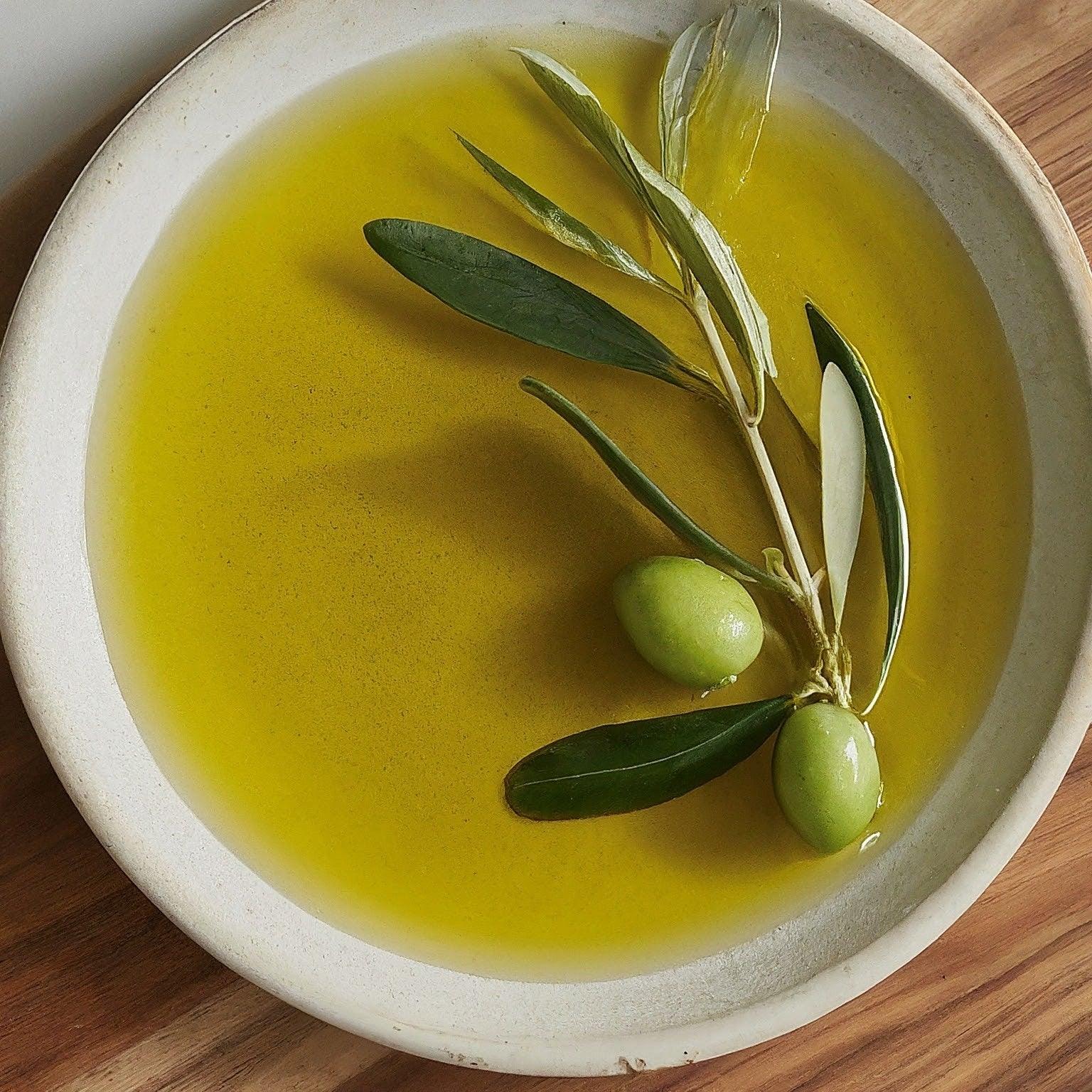Olive oil has been a cornerstone of Mediterranean diets for centuries, celebrated for its versatility and health benefits. Yet, despite its storied history and numerous scientific endorsements, a persistent misnomer lingers: "Olive oil is bad for you." Let’s delve into why this myth is not just unfounded but potentially harmful, depriving many of the benefits of this golden elixir.
The Origins of the Myth
To begin with, the misconception that olive oil is unhealthy often stems from misunderstandings about fats in general. Decades ago, dietary fat was vilified, and low-fat diets were promoted as the key to health. Consequently, olive oil, being high in fat, was lumped into the “bad” category without a nuanced understanding of different types of fats.
The Truth About Olive Oil
1. Heart Health
Contrary to the myth, olive oil is incredibly beneficial for heart health. Specifically, it is rich in monounsaturated fats, particularly oleic acid, which have been shown to reduce inflammation and lower the risk of heart disease. Numerous studies have linked the consumption of olive oil with a reduction in cardiovascular diseases .
2. Antioxidant Powerhouse
Furthermore, olive oil is packed with antioxidants, including vitamin E and polyphenols, which help combat oxidative stress and inflammation. These antioxidants play a crucial role in protecting cells from damage and may lower the risk of chronic diseases like cancer and Alzheimer's .
3. Blood Sugar Regulation
Moreover, extra virgin olive oil has been found to help regulate blood sugar levels and improve insulin sensitivity, making it beneficial for those with or at risk of type 2 diabetes. Including olive oil in meals can lead to more stable post-meal blood sugar levels .
4. Weight Management
Some fear that the caloric density of olive oil might contribute to weight gain. However, studies suggest that incorporating olive oil into a balanced diet can actually support weight loss and maintenance by promoting satiety and reducing overall calorie intake .
5. Bone Health
Emerging research indicates that olive oil may have a protective effect on bones, enhancing calcium absorption and reducing the risk of osteoporosis. This makes it particularly valuable as we age.
Debunking Common Misunderstandings
Cooking with Olive Oil
One common concern is that olive oil has a low smoke point, making it unsuitable for cooking. While it's true that extra virgin olive oil has a lower smoke point than some other oils, it is still stable enough for most home cooking methods. Plus, the health benefits far outweigh any minor degradation that might occur at higher temperatures .
Quality Matters
It's important to note that not all olive oils are created equal. Extra virgin olive oil (EVOO) is the highest quality, cold-pressed to retain its nutrients and flavors. On the other hand, lower-grade oils may be more processed, losing some health benefits in the process. Therefore, always opt for high-quality, certified EVOO to maximize health benefits .
Embracing Olive Oil in Your Diet
Incorporating olive oil into your diet is simple and delicious. For instance, use it as a dressing for salads, a base for marinades, a drizzle over roasted vegetables, or even as a dip for bread. Its versatility makes it easy to enjoy its myriad health benefits.
Conclusion
In conclusion, the myth that olive oil is bad for you is not only incorrect but also deprives many of its significant health advantages. By understanding the truth behind olive oil, we can appreciate this age-old ingredient for what it truly is: a heart-healthy, antioxidant-rich powerhouse that can enhance our well-being in numerous ways. So, go ahead and embrace olive oil in your diet—it’s a choice that your body will thank you for.
At Tastefully Olive, we believe in celebrating the goodness of olive oil in all its forms. Stay tuned for more tips and recipes that showcase the versatility and health benefits of this incredible ingredient.
References
- Heart Health and Olive Oil
- Olive Oil Reduces Cardiovascular Disease Risk
- Olive Oil Antioxidant Properties
- Olive Oil and Blood Sugar Regulation
- Olive Oil for Weight Management
- Bone Health Benefits of Olive Oil
- Cooking with Olive Oil
- Quality Matters: Extra Virgin Olive Oil
To learn more about the rich history and benefits of olive oil, check out these additional resources:
- Health Benefits of Olive Oil
- The Mediterranean Diet Guide
Additional External Links:
- Harvard T.H. Chan School of Public Health: The Nutrition Source
- Healthline: 11 Proven Benefits of Olive Oil
These links provide valuable information and insights that can enhance your understanding and appreciation of olive oil's historical and contemporary significance.












